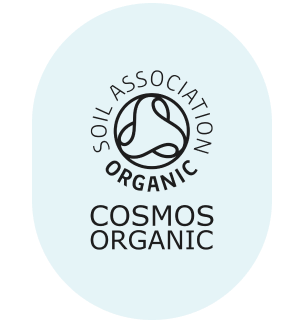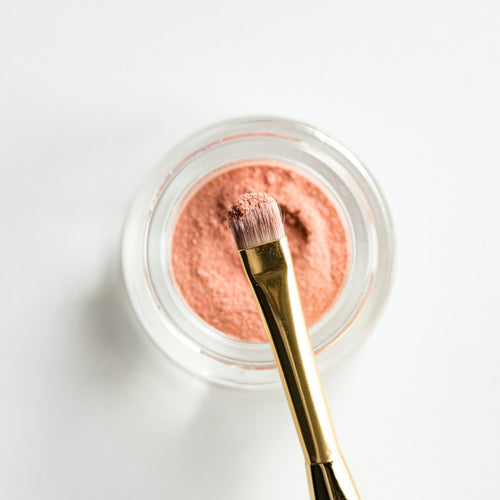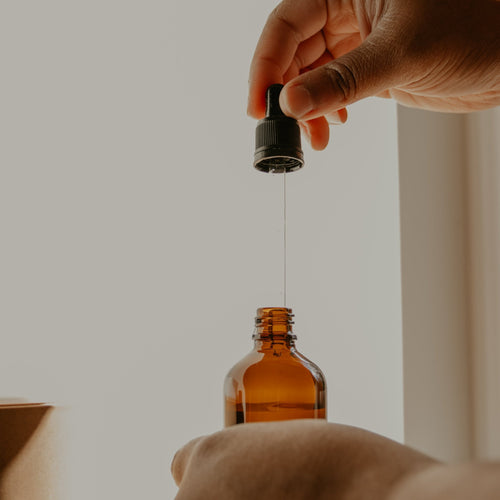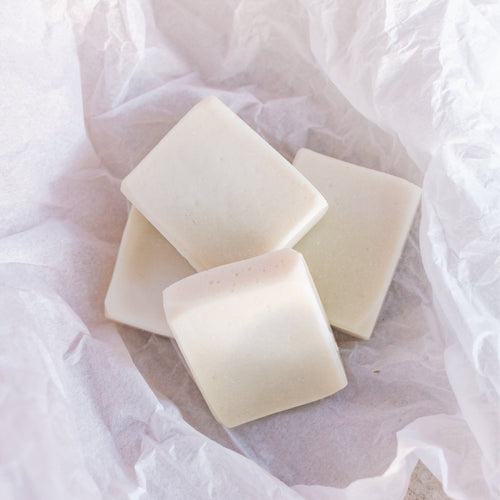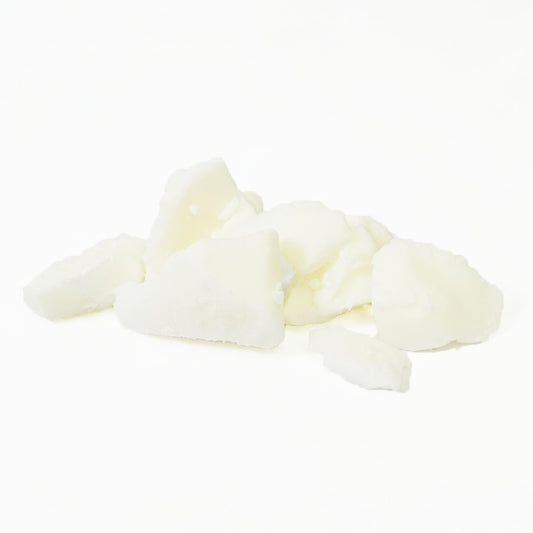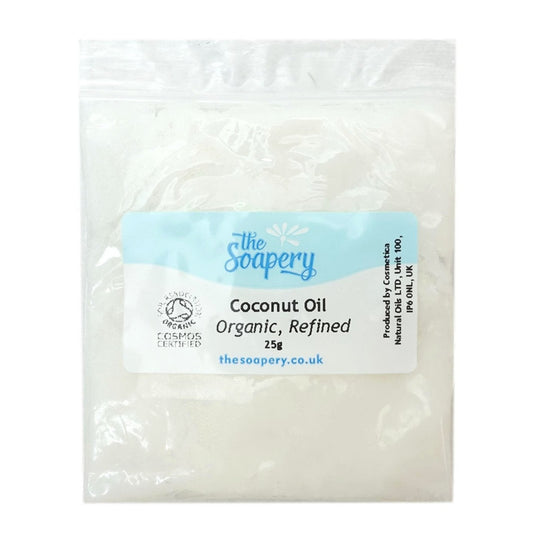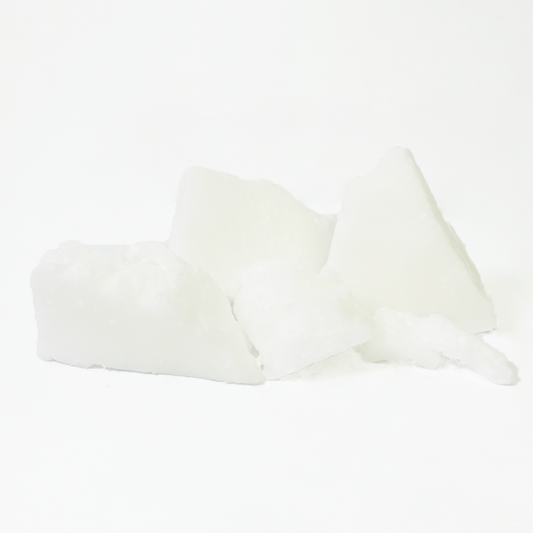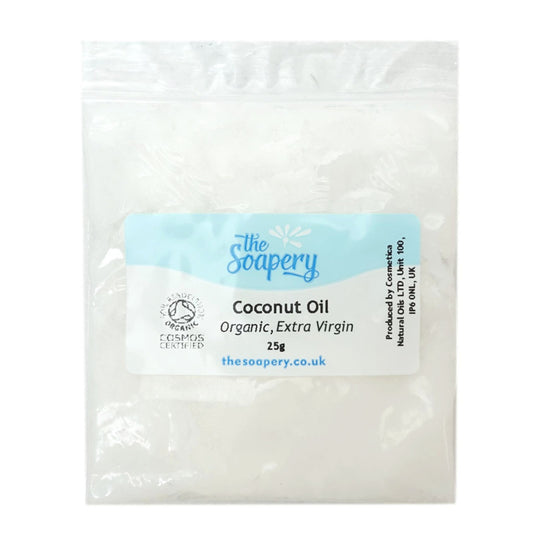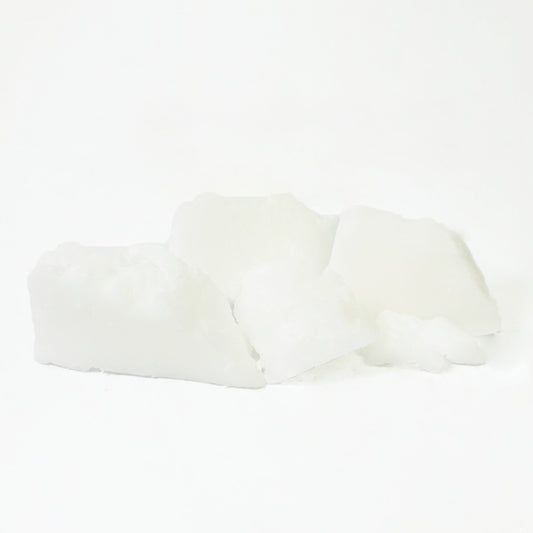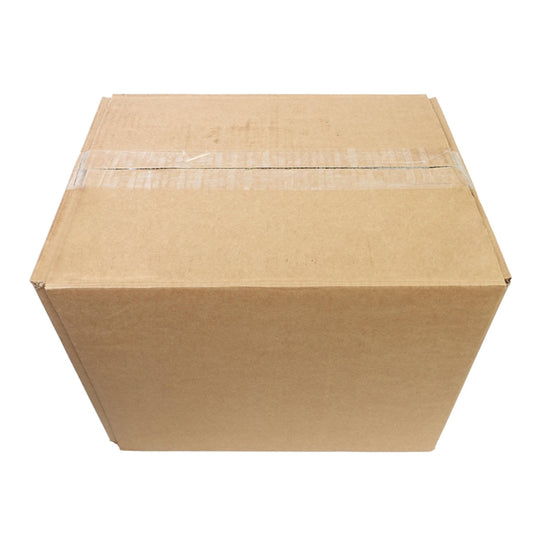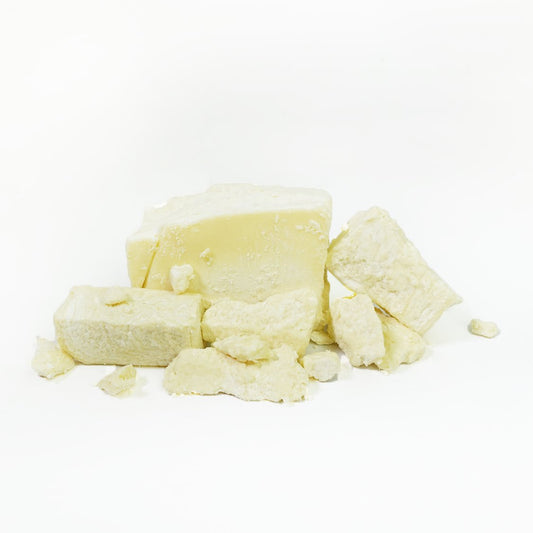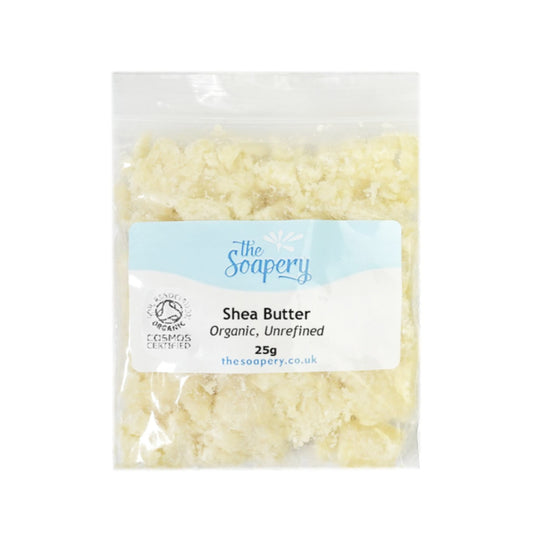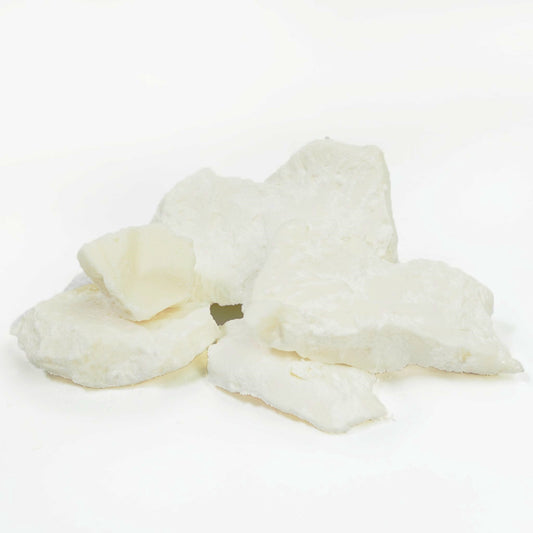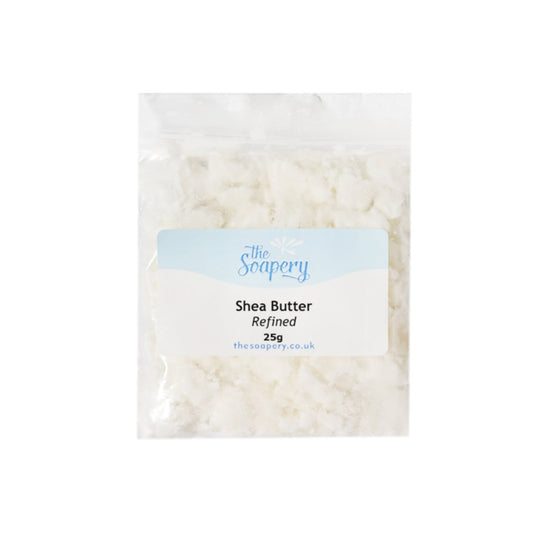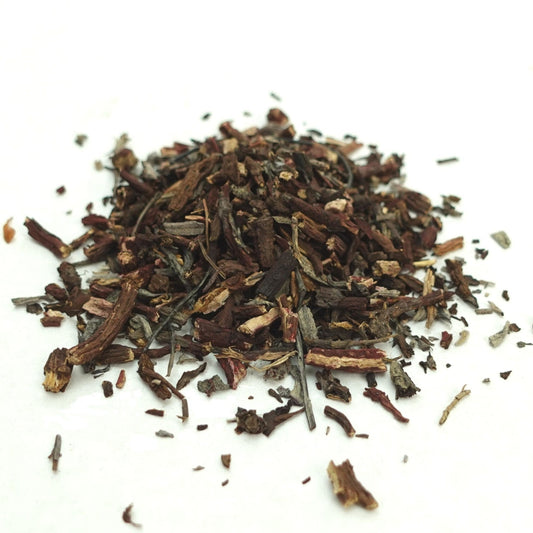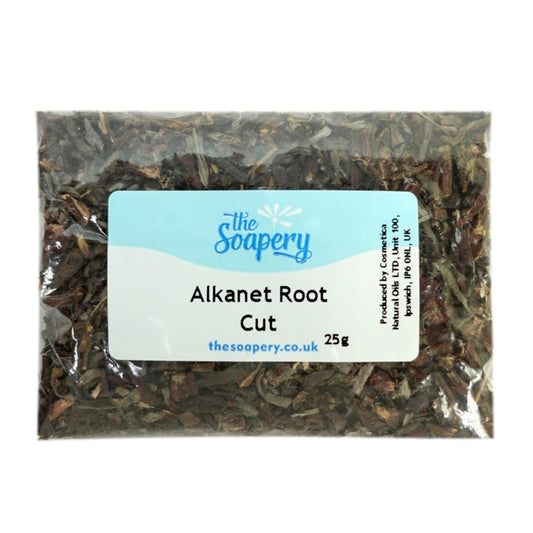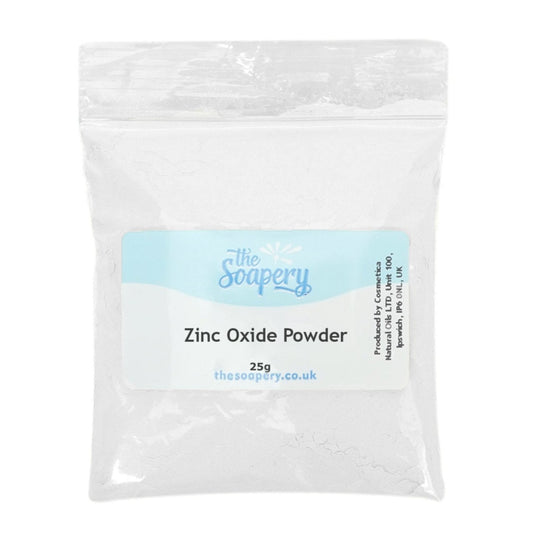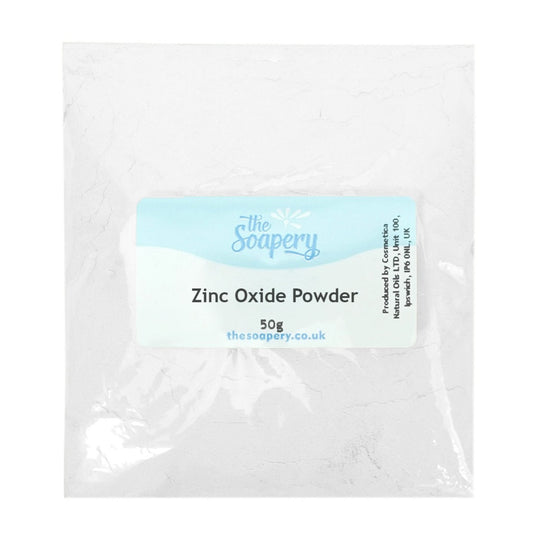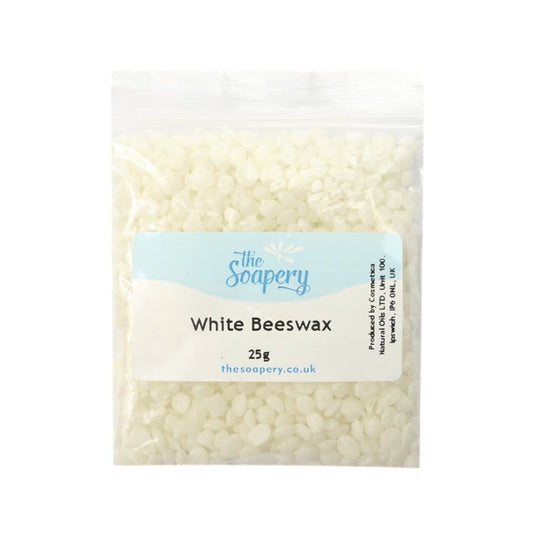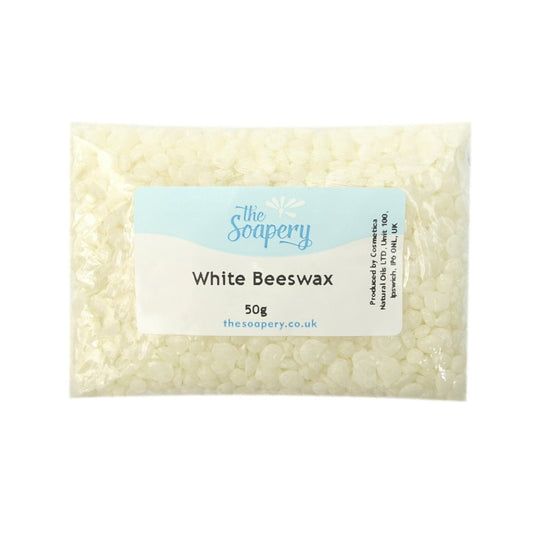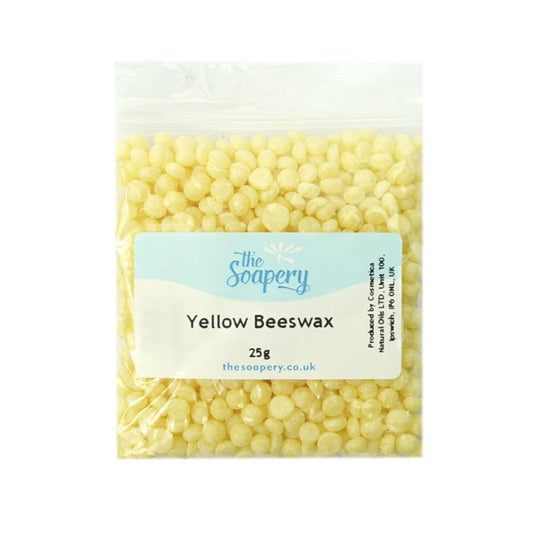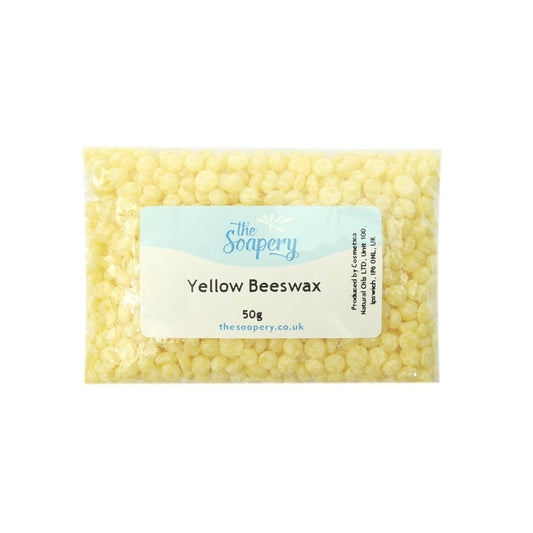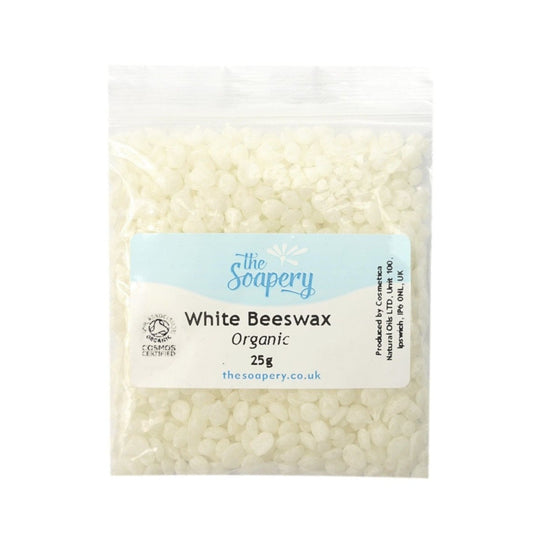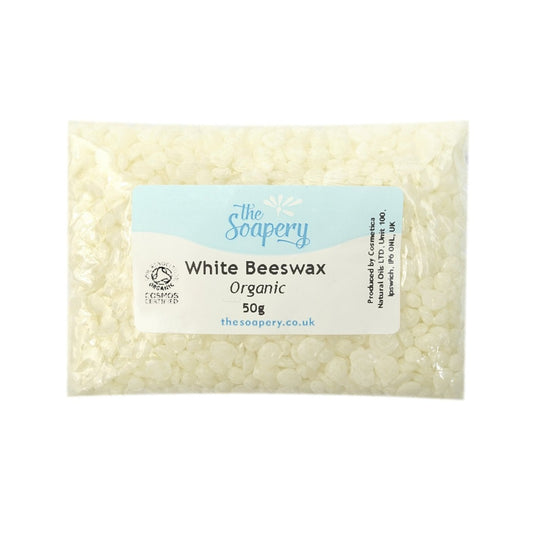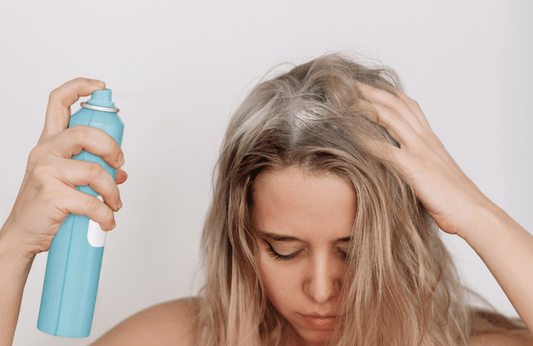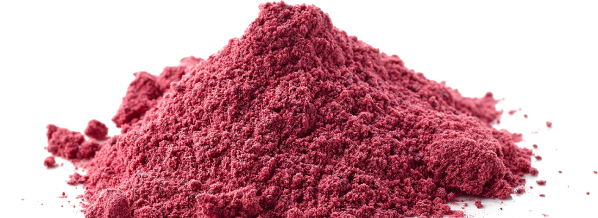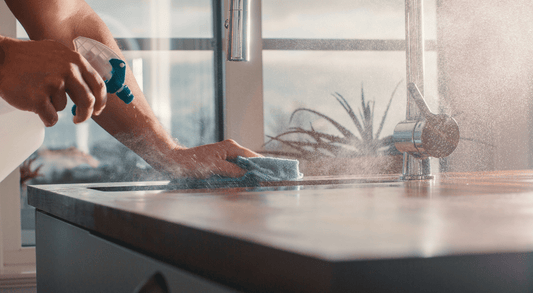
-
Coconut Oil - Organic Refined
-
Coconut Oil - Organic, Extra Virgin, Cold Pressed
Coconut Oil - Organic, Extra Virgin, Cold Pressed
- Regular price
- From £2.59
- Sale price
- From £2.59
- Regular price
-
-
Coconut Oil - Refined
-
Shea Butter African, Organic, Unrefined, Raw
Shea Butter African, Organic, Unrefined, Raw
- Regular price
- From £2.75
- Sale price
- From £2.75
- Regular price
-
-
Shea Butter – Refined
-
Beeswax - White
-
Beeswax - Yellow
-
White Beeswax - Organic
Why choose The Soapery?
-
Free Mainland UK Shipping
Get your ingredients quickly at no extra cost.
-
Same Day Dispatch*
Order before 3pm to have your package sent then and there.
-
Low Pricing
No glossy marketing or false promises mean big savings.
-
Ethical Suppliers
No qualms here. Our ingredients are ethically and sustainably sourced.
About Make-up Ingredients
Say goodbye to one-size-fits-all formulations and shade matches. Our makeup ingredients are here to help you bring your beauty visions to life!
Whether you’ve been busy dreaming up a brand new rainbow mineral palette or want to whip up the perfect moisturising lip balm, we’ve got all the bases, specialist additives, pigments, and fragrances you need.
Welcome to The World of Handmade Makeup
Step into the world of natural beauty and discover the power of pure, high-quality makeup ingredients. This collection is full of a wide variety of cosmetic ingredients to create skincare and cosmetic products like eye shadows, soap, lip stick, foundation, bath and body products, cosmetic powders and more! Our makeup collection includes ingredients like mica powders, natural oils, essential oils for fragrance, natural preservatives, emulsifiers, and thickeners, and waxes.
From nourishing butters and aromatic essential oils to speciality options including preservatives, emulsifiers, and thickeners, our hand-selected collection of ingredients is bound to help you create natural makeup products as good for the skin as they are for the planet.
The benefits don’t end there - our cosmetic ingredients are good for your wallet too. Here at The Soapery, honesty is our top priority, meaning we’ve worked hard to source the highest possible quality of ingredients, and priced them fairly. No fancy packaging or frills attached - just all you need to whip up your best batch of makeup yet.
Ready to get started? We certainly are. Let’s make some makeup!
The Ins-And-Outs of Makeup Ingredients: Our Advice
Mix, measure, and master the art of makeup making. Whether you’re a beginner or a makeup mogul, our tips and tricks on all things natural will have you whipping up your best custom blends yet in no time.
Our top advice? It all comes down to ingredients - and selecting them with great care! The difference between a good and great formulation can be as little as a one-ingredient swap.
For example, why not opt for oils and butters over synthetic fillers? These natural ingredients not only nourish the skin, but give a smooth, silky texture to makeup products like foundation. Additionally, using hydrating ingredients can help maintain skin moisture and improve the overall texture of your makeup products.
In the mood for colour? Try swapping out your usual synthetic dyes for mineral pigments for a gentle experience and an equally large range of shimmering shades.
Whatever your creative process, don’t be afraid to experiment, whether with ingredients, techniques, tools, or finishes. With a little creativity, experimentation, and the right ingredients, you’ll be well on your way to makeup formulation perfection.
Our Favourite Skincare Recipes
We Value Each of Our Customers
Accreditations/Awards
We’re committed to offering a vast range of all-natural, organic products certified by The Soil Association, and we take pride in doing our part for the world around us.
Like most ingredients, the oils, butters, powders, and decorations in your handmade products are farmed or extracted from the natural world. Those certified as organic by the Soil Association were grown, produced, and harvested in line with strict regulations designed to protect and sustain the environment, including soils, ecosystems, animals, and people.
